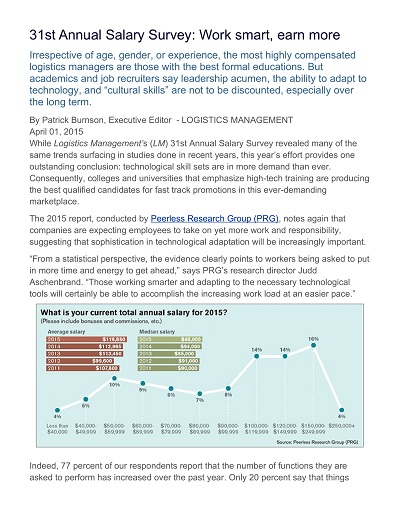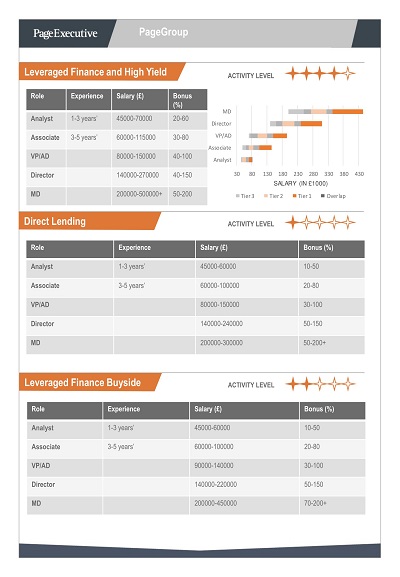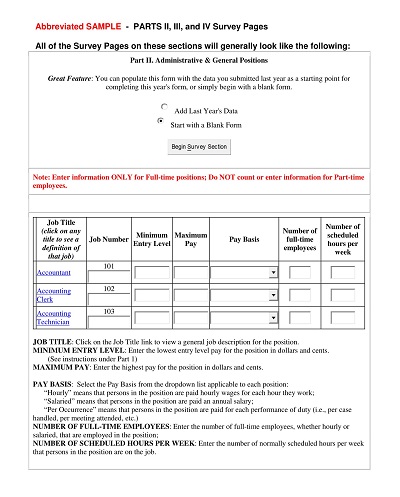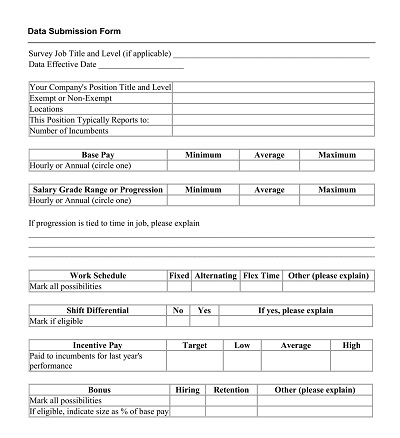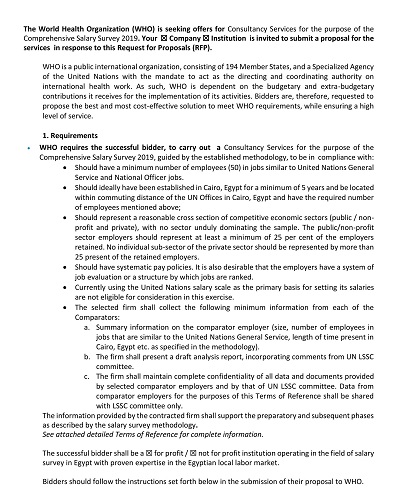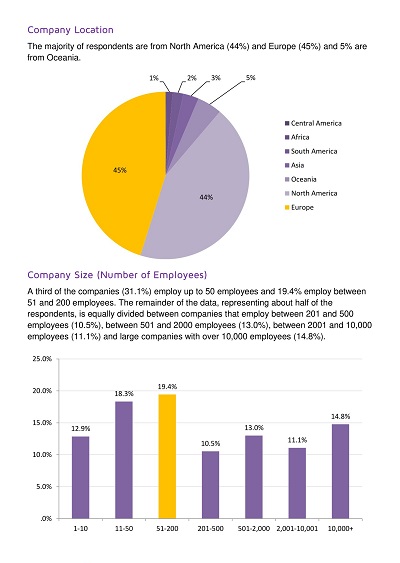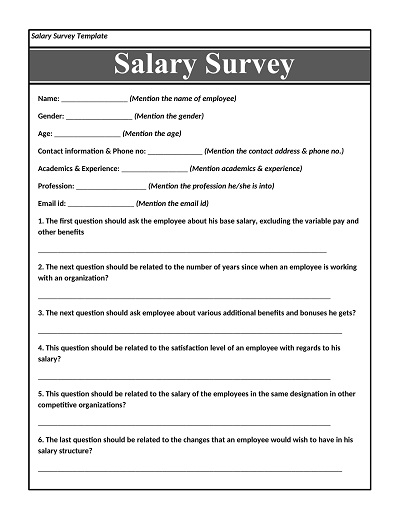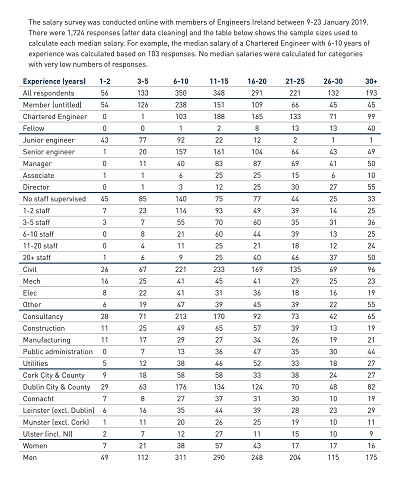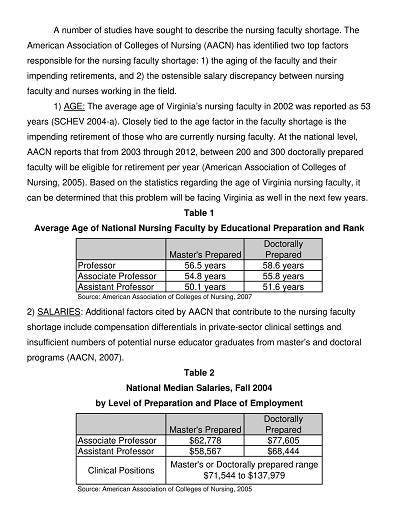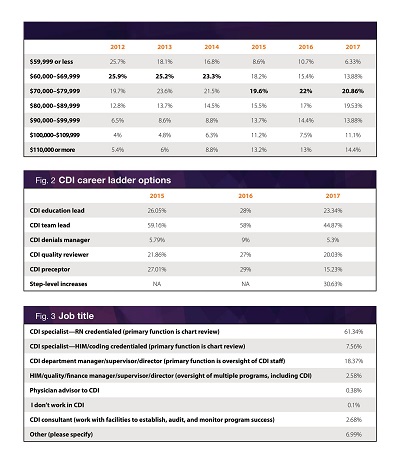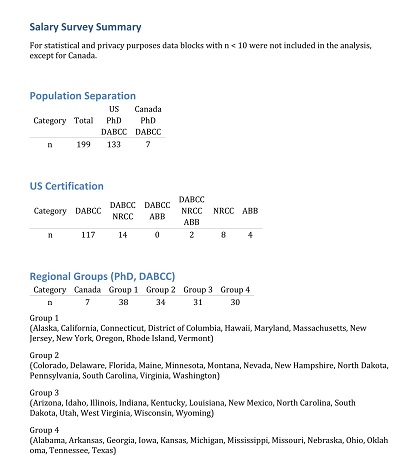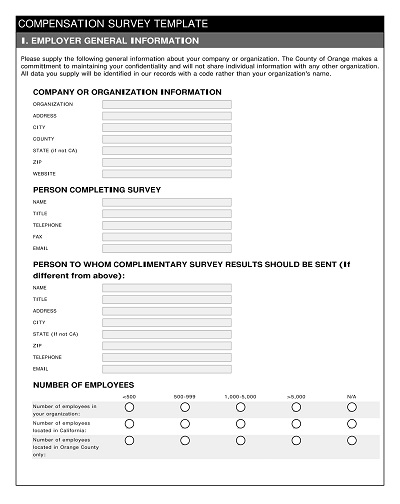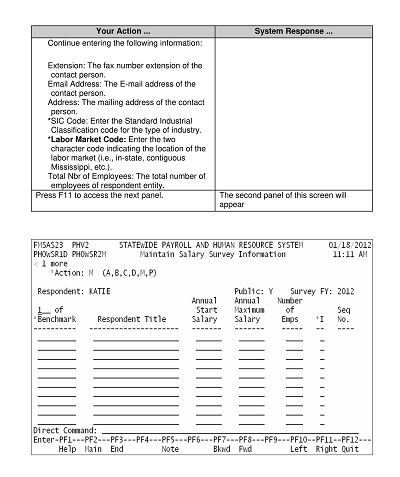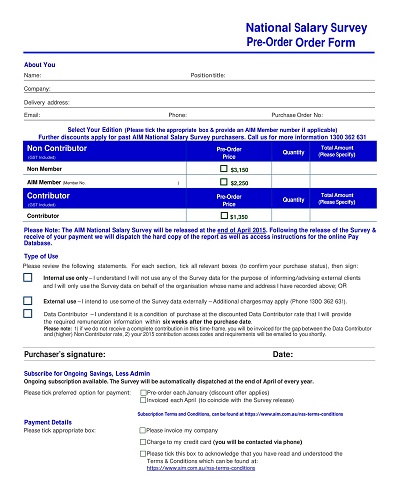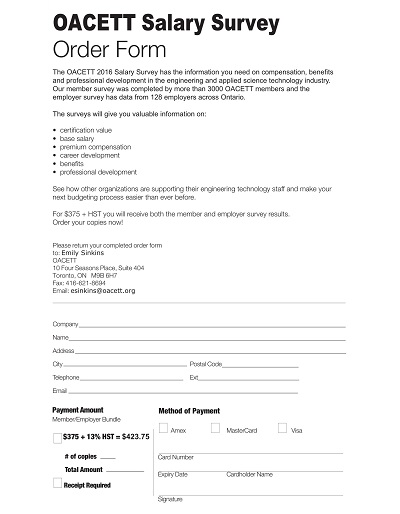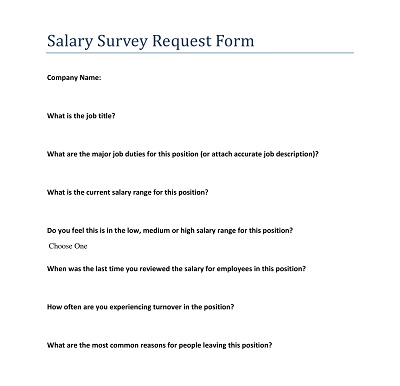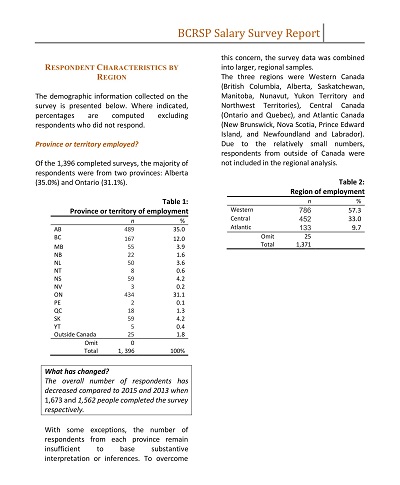32+ Free Simple Salary Survey Templates – PDF, Doc
A salary survey template is crucial for any business as it provides insights into industry pay standards. It helps organizations remain competitive in the talent market. With the right salary survey templates, you can make smart choices about your staff’s pay. These surveys collect confidential pay scales and bonus data and give you a snapshot of what other businesses in your field offer. This data helps ensure your pay levels are competitive and fair and can attract top talent.
Our salary survey templates are a game-changer for managing employee salaries. With a wide range of templates available for free on our platform, you can choose what best suits your organization. Their design is user-friendly, and the main aim is to save you time and increase efficiency. Customize them as needed and watch them simplify your data collection, analysis, and reporting tasks. Enhance the effectiveness of your HR function, all while making it a smooth sailing journey.
Download Free Simple Salary Survey Templates
What is a Salary Survey?
Salary surveys are critical to ensure your company remains competitive in the job market. To attract and keep the best employees, it is crucial to gather and study information on the salary and benefits provided by competitors. This allows you to understand better how to structure your pay scale.
A well-crafted salary survey is more than just crunching numbers. It’s also about understanding the industry trends and standards. Ask yourself: Are competitors providing flexible work schedules, extra holiday time, or comprehensive health coverage? By collecting such facts, you’ll gain a broader perspective to ensure your pay packages are competitive and meet the evolving preferences of the modern workforce.
Why Conduct a Salary Survey?
A salary survey is key for a fair and competitive organizational pay structure. This process allows you to compare your company’s pay scales with the industry averages, and your employees’ skills and efforts are appropriately rewarded. But the benefits continue beyond there. The salary survey also gives you a peek into current market trends.
This valuable insight can greatly help you enhance your recruitment strategies, improve employee retention, and boost engagement within your team. A well-managed salary structure attracts top talent and motivates existing employees. It builds a workplace of fulfillment and productivity. With our free salary survey templates, this once-tricky task becomes a breeze!
Advantages of Salary Survey Templates
Utilizing a salary survey template for conducting a survey delivers precise information to determine employee salaries, enhances clarity, and promotes employee contentment.
- Competitive Edge: Compensation reviews provide essential details for your organization to maintain its competitive stance regarding pay. This helps to draw and retain the industry’s best performers.
- Informed Choices: This data is useful to make well-informed decisions about salary modifications, promotions, and bonuses to uphold fairness and openness.
- Employee Contentment: Regular pay reviews can elevate employee morale and contentment by showing the organization’s commitment to equitable pay.
- Financial Planning: It aids in financial management and planning by offering insights into the current patterns and expectations in the sector.
- Legal Adherence: Salary surveys ensure your organization adheres to equal compensation laws and regulations.
Advantages of Salary Survey Templates
Utilizing a salary survey template for conducting a survey delivers precise information to determine employee salaries, enhances clarity, and promotes employee contentment.
- Competitive Edge: Compensation reviews provide essential details for your organization to maintain its competitive stance regarding pay. This helps to draw and retain the industry’s best performers.
- Informed Choices: This data is useful to make well-informed decisions about salary modifications, promotions, and bonuses to uphold fairness and openness.
- Employee Contentment: Regular pay reviews can elevate employee morale and contentment by showing the organization’s commitment to equitable pay.
- Financial Planning: It aids in financial management and planning by offering insights into the current patterns and expectations in the sector.
- Legal Adherence: Salary surveys ensure your organization adheres to equal compensation laws and regulations.
Key Components of a Salary Survey Template
The key components of a salary survey template include job title, years of experience, educational qualification, and total compensation. This structure thoroughly analyzes salary data across dimensions and facilitates more precise and accurate salary assessments.
- Demographic Information includes data about the employee’s role, department, and organizational tenure.
- Salary Information: This vital component includes the employee’s salary, bonuses, and other benefits.
- Job Satisfaction: This section counts the employee’s satisfaction with their current salary and compensation package.
- Comparison Data: This includes information about industry standards and averages. Such data aids in contextualizing an employee’s compensation within the wider industry framework.
- Confidentiality Clause: It’s critical to assure respondents that their responses will remain confidential and will be reported only in the entirety.
Steps to Design A Salary Survey
Designing a salary survey template is more manageable than it may first appear. Here are the steps to help you in designing an effective salary survey template:
Step 1: Identify Your Goals
The first step in creating a salary survey template is identifying your goals. What are you hoping to achieve with this survey? Perhaps you’re seeking clarity on your company’s market position or want to reevaluate your current compensation structure. Clearly defining your objectives will guide the entire process and ensure your survey is precisely customized to gather the needed data.
Step 2: Define the Demographics
You need to specify the demographic parameters relevant to your survey. These may include factors such as job role, work experience, geographic location, and level of education. Defining these demographics will ensure your data is segmented and structured. It will enable you to make comparisons and draw conclusions more effectively.
Step 3: Decide on Compensation Structures
Decision-making on the compensation structures while developing your salary survey template is crucial. This could include base salary, bonuses, benefits, or stock options. You can build an impressive survey by understanding the different types of compensation and how they influence employee satisfaction and market competition.
Step 4: Develop the Survey Questions
Survey questions are pivotal for an effective salary survey template. They should be concise, unbiased, and directly related to your goals. Use a mix of open and closed-ended questions to gain both qualitative and quantitative insights. For example, ask employees to rate their satisfaction with their compensation and provide a space to express their thoughts in their own words.
Step 5: Incorporate Job Satisfaction Elements
Incorporation of job satisfaction elements into your survey will give a holistic view of how employees perceive their compensation and job satisfaction. Ask questions about their contentment with their role, work-life balance, and how they value their compensation package regarding job satisfaction.
Step 6: Include Comparison Data
Comparison data in your salary survey template can provide valuable context for your findings. This could measure your compensation packages against industry averages or compare salaries across different job roles within your organization. A comparative view can help employees understand where they stand.
Step 7: Ensure Confidentiality
Maintaining the confidentiality of your respondents is not just ethical but crucial for the success of your survey. Assure your employees that their responses will remain confidential and be used solely for data analysis. Confidentiality builds trust and will likely result in more open and honest responses.
Step 8: Test the Survey
Before you go live, testing your survey for clarity, ease of use, and data integrity is essential. This step can help you identify unclear questions or technical glitches. Consider it your final checkpoint to ensure your survey is primed to gather the necessary data. Take a few extra moments to test and refine your survey before launching it to your employees.
Step 9: Launch the Survey
Once you’ve carefully designed, structured, and tested your survey, it’s time to launch it! Use an effective and accessible platform to share your survey—email, your company’s intranet, or an online survey tool. Ensure your employees know why their participation matters and how their responses will contribute to shaping your organization’s compensation strategy.
Step 10: Analyze and Act on the Results
Analyze the data gathered from your survey to identify patterns, outliers, and key takeaways. Use these insights to refine your compensation strategy and align it with organizational goals. Data without action is just numbers on a screen; use it wisely!
Types of Salary Survey Templates
Various types of salary survey templates accommodate different needs. A few of them are:
- Industry-specific Salary Survey Template: This template is tailored to capture compensation data within a specific industry like healthcare, tech, or finance. It helps understand the industry’s compensation trends and allows companies to remain competitive.
- Company-wide Salary Survey Template: In this template, data is collected on all job roles across all departments within a company. It’s ideal for understanding the organization’s overall salary structure and helps make company-wide salary adjustments.
- Department-specific Salary Survey Template: This template focuses on one department within the organization. It is beneficial when you want to analyze compensation patterns within a particular company field, such as marketing or engineering.
- Role-specific Salary Survey Template: This template is ideal when you want to dive deep into the compensation details of a specific role, especially key positions. This could encompass senior management roles, tech positions, or roles critical to your organization’s success.
Usage Scenarios of Salary Survey Templates
Salary survey templates can be incredibly beneficial in various scenarios. Here are a few examples:
- Evaluating Pay Structures: Companies can use salary survey templates to gather data on industry pay standards. These templates help them to establish competitive compensation packages and retain top talent.
- Annual Review Process: Human Resources teams can use these templates during annual review cycles to ensure their pay rates align with market standards.
- Recruitment Strategy: The insights from salary surveys can guide a company’s recruitment strategy. This is to ensure that they offer attractive packages to potential hires.
- Union Negotiations: Salary surveys can provide valuable data during union negotiations and present an objective basis for pay discussions.
- Company Restructuring: Salary surveys can help ensure equitable pay adjustments during restructuring or mergers.

